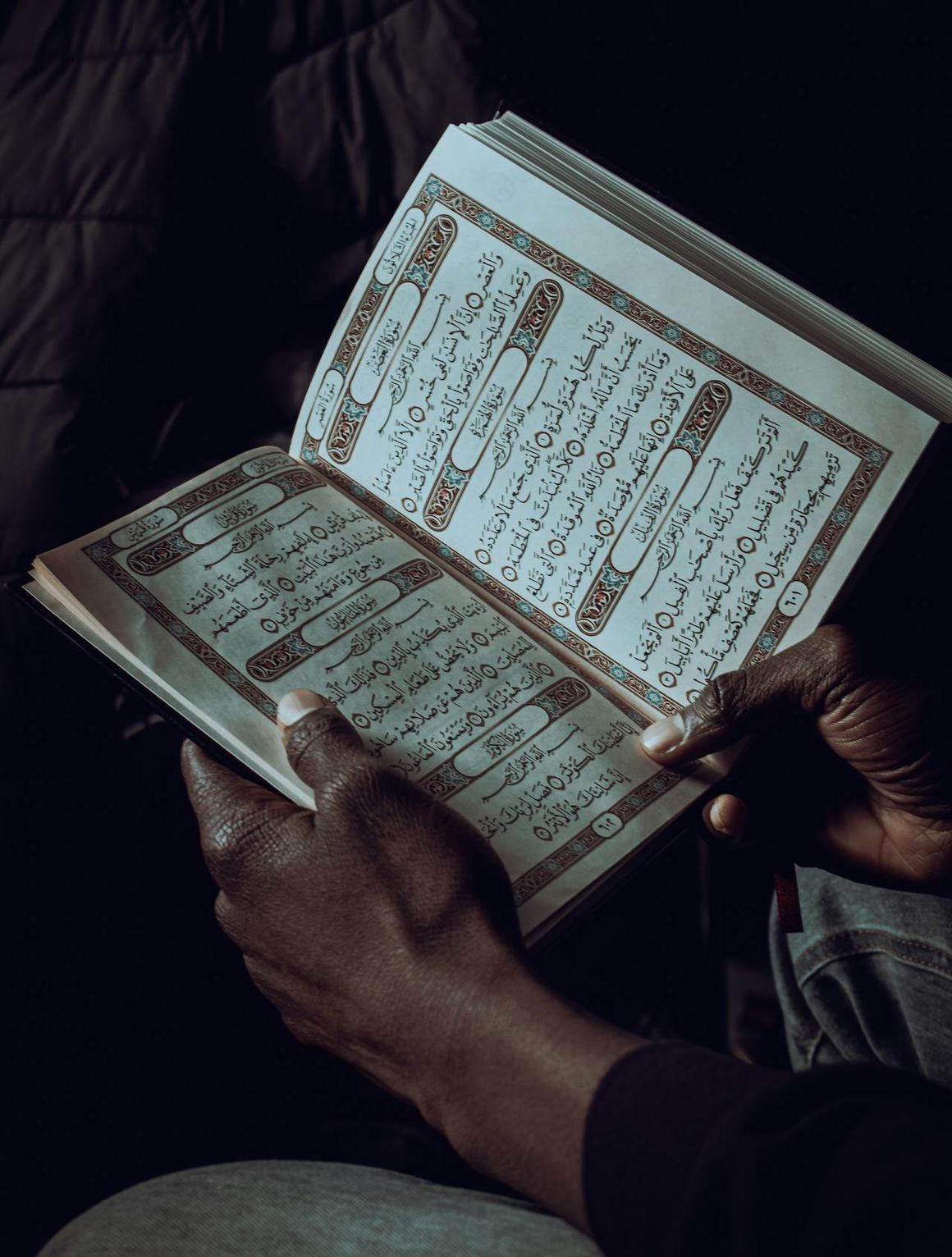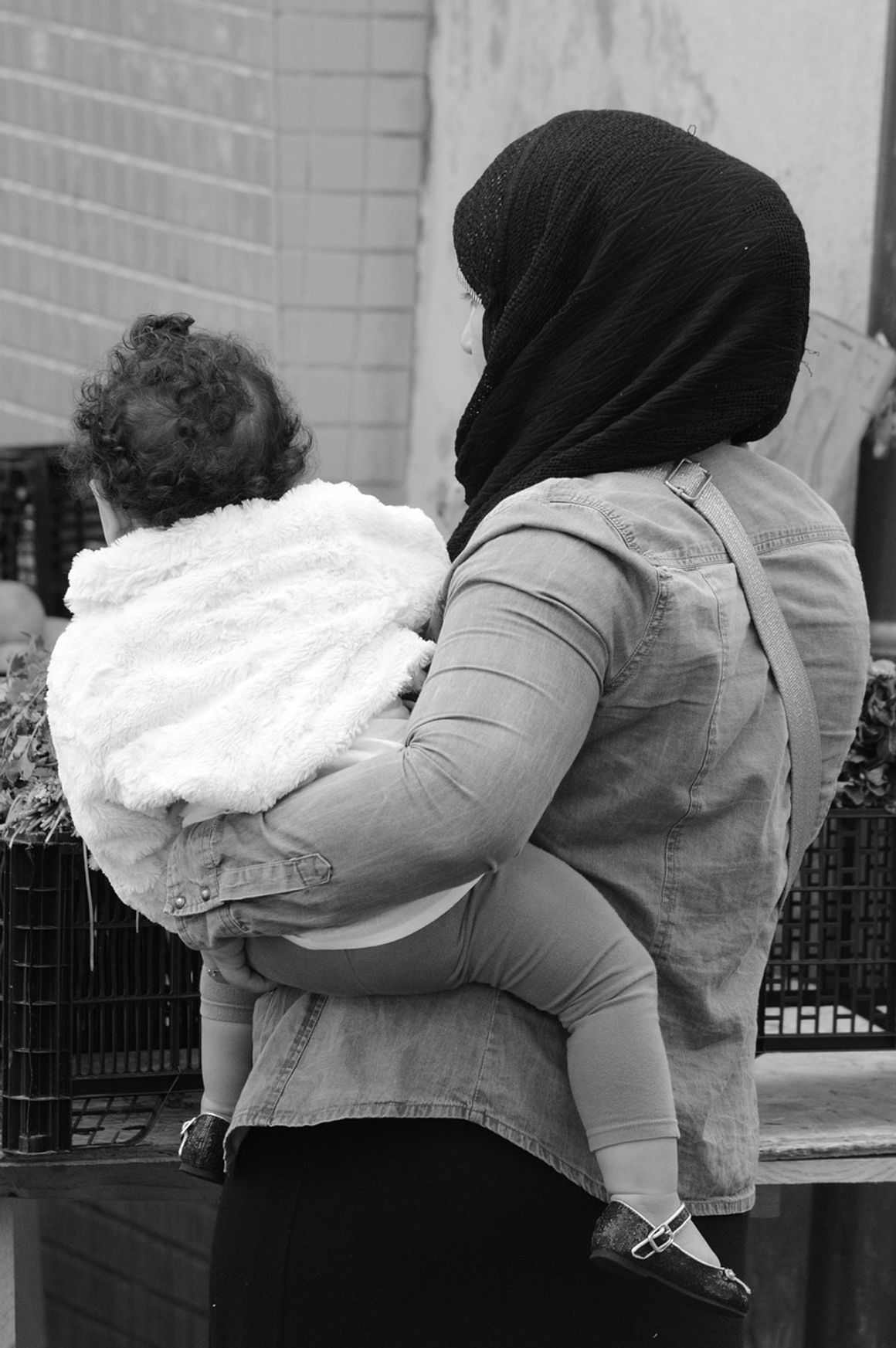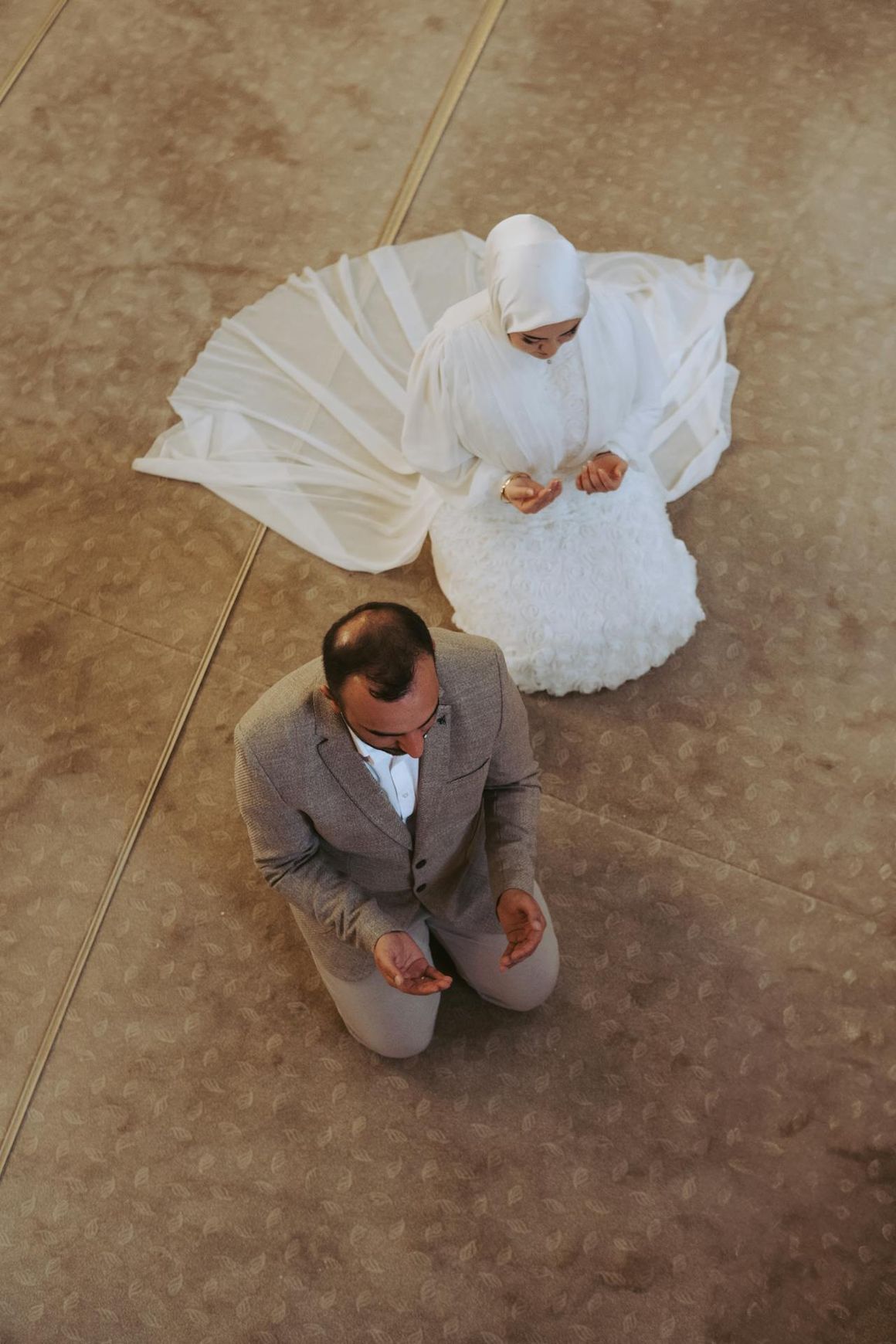In Islam, the concept of remembering death is not a morbid or pessimistic practice but rather a reminder that cultivates mindfulness, gratitude, and spiritual growth. Prophet Muhammad (Peace and blessings upon him) emphasized the importance of remembering death as a means to align our actions with our ultimate purpose in life. By reflecting on death regularly, we can find balance, clarity, and strength in our faith journey.
Remembering Death Awakens Gratitude
Life is a precious gift from Allah, yet it is easy to take it for granted. When we remember that this life is temporary and that everything we have (health, wealth, relationships) could be lost at any moment, it fosters a deep sense of gratitude. The Quran reminds us:
Every soul will taste death, and you will only be given your [full] compensation on the Day of Resurrection.Quran 3:185
When we reflect on death, we appreciate the blessings Allah has bestowed upon us—our ability to see, hear, walk, and worship Him. This gratitude leads us to use our time wisely and avoid wastefulness.
It Keeps Us Focused on Our Purpose
The fleeting nature of life helps us focus on what truly matters: pleasing Allah and fulfilling our purpose as His servants. The Prophet (PBUH) said:
Be in this world as if you were a stranger or a traveler along a path.Prophet Muhammad
When we remember death, we are reminded not to get lost in the distractions of worldly pursuits but to prioritize acts of worship, kindness, and righteousness. This mindset helps us stay grounded and avoid becoming slaves to materialism or fleeting desires.
Remembering Death Prepares Us for Accountability
On the Day of Judgment, every soul will be held accountable for its actions in this life. Remembering death instills a sense of accountability and fear of Allah, which encourages us to amend our ways and seek His forgiveness. The Quran says:
This worldly life is nothing but diversion and amusement. Verily, the home of the Hereafter is the true life if only they knew.Quran 29:64
By reflecting on death, we are motivated to repent for our sins, strengthen our relationship with Allah, and strive to be among the righteous.
It Encourages Generosity and Kindness
When we realize that life is short, we become more generous and compassionate towards others. The Prophet (PBUH) said:
When a man dies, his deeds come to an end except for three things: Sadaqah Jariyah (ceaseless charity); a knowledge which is beneficial, or a virtuous descendant who prays for him (for the deceased).Prophet Muhammad
Remembering death inspires us to share our blessings with those in need, forgive others readily, and build strong relationships based on love and mutual support. It reminds us that material wealth will not accompany us after death, but the good deeds we do for others will be our lasting legacy.
It Brings Peace and Contentment
The uncertainty of life can cause anxiety and fear. However, remembering death with a faith-based perspective brings peace because it aligns our hearts with the ultimate truth: that everything is in Allah’s hands, and He has planned a beautiful end for all things. The Quran says:
Surely, to Allah we belong and to Him shall we return.Quran 2:157
When we accept the inevitability of death, we find solace in knowing that it is part of Allah’s divine plan. This acceptance helps us face challenges with resilience and trust in His wisdom.
How to Incorporate Remembering Death into Our Lives
Reflect Daily: Take a few moments each day to ponder the temporary nature of life.
Recite Quranic Verses: Regularly reflect on verses that remind us of death and the Hereafter.
Live with Purpose: Use the reminder of death to guide your decisions and actions towards goodness.
Remembering death is not meant to bring despair but rather clarity, gratitude, and a renewed focus on our spiritual journey. It helps us appreciate the fleeting nature of this life while preparing us for eternal happiness in the Hereafter.
May Allah grant us His mercy and guidance in this world and the next. Ameen.


